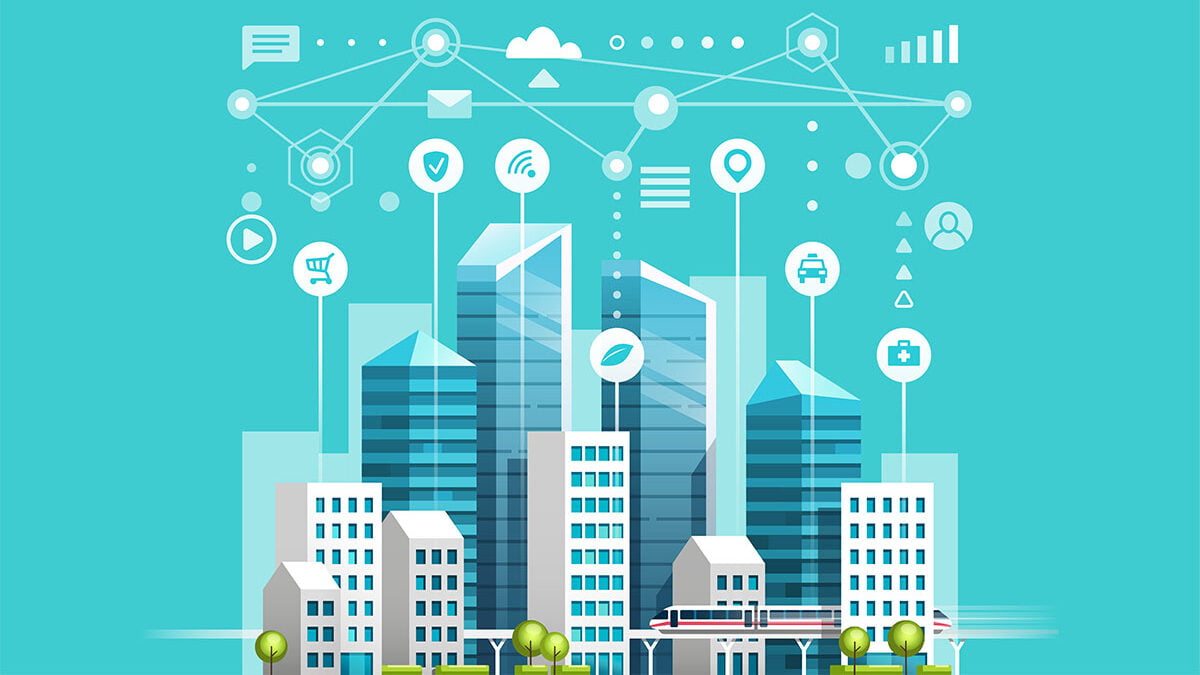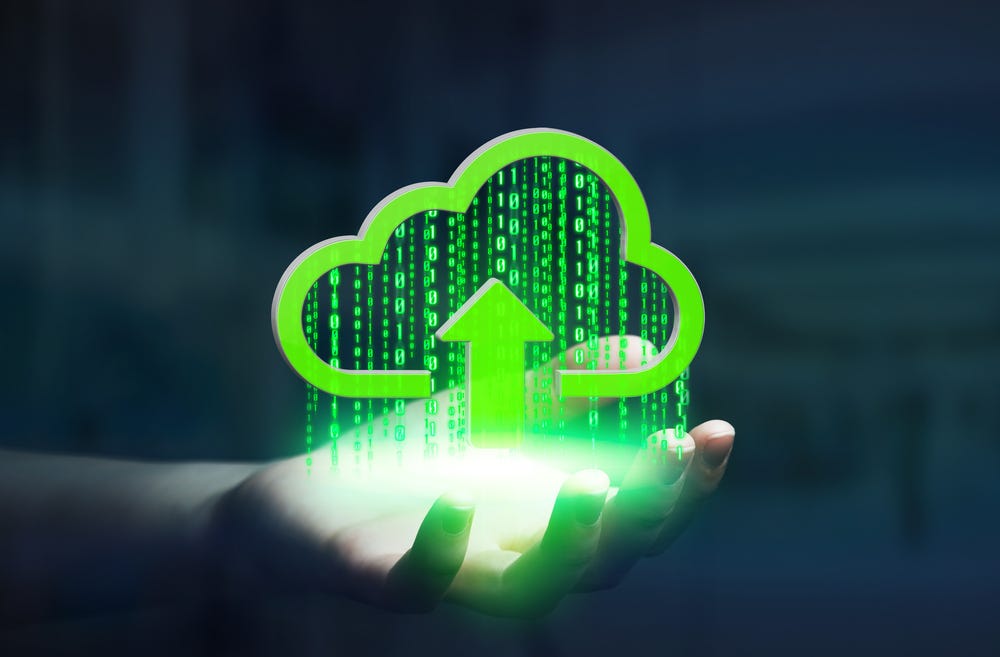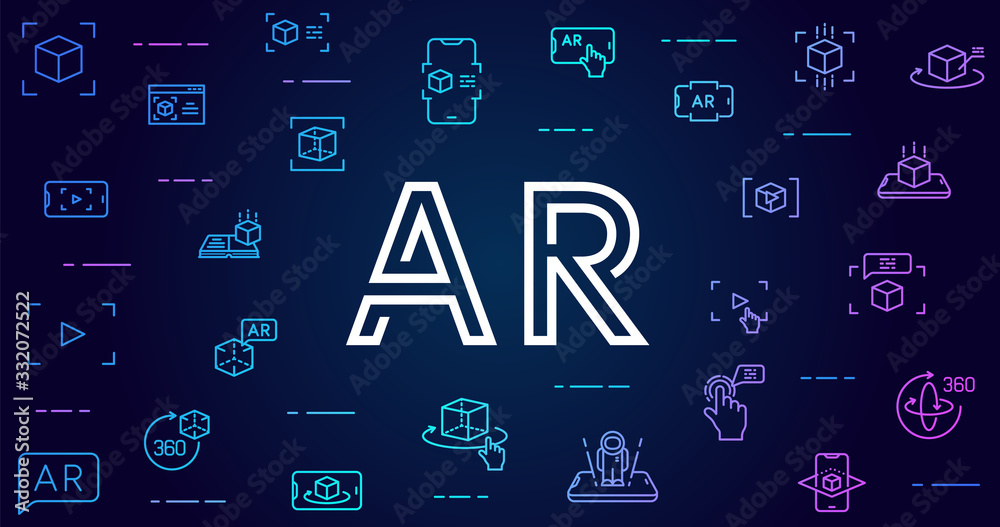1: Introduction to Edge IoT for Smart Cities
1.1 Overview of smart cities and the role of Edge IoT
1.2 Benefits of Edge Computing in urban environments
1.3 Key components of smart city infrastructure: Sensors, networks, and data platforms
1.4 Case studies: Successful Edge IoT implementations in smart cities
1.5 Challenges and opportunities in deploying Edge IoT for urban management
2: Designing Edge IoT Architecture for Smart Cities
2.1 Components of a smart city Edge IoT system: Devices, gateways, and cloud services
2.2 Data flow and integration: From sensors to edge devices and cloud platforms
2.3 Designing scalable and resilient Edge IoT architectures for urban applications
2.4 Edge nodes and gateways: Choosing the right hardware and software
2.5 Case study: Architecture design for a smart traffic management system
3: Urban Data Collection and Processing
3.1 Types of data collected in smart cities: Environmental, traffic, energy, and more
3.2 Methods for data acquisition: Sensors, cameras, and smart devices
3.3 Local data processing techniques: Stream processing, aggregation, and analytics
3.4 Real-time data analysis for actionable insights and decision-making
3.5 Case study: Real-time environmental monitoring using Edge IoT(Ref: Learn Security and Privacy in Edge IoT Deployments)
4: Connectivity and Communication in Smart Cities
4.1 Networking technologies for smart cities: Wi-Fi, LPWAN, 5G, and more
4.2 Communication protocols: MQTT, CoAP, and their relevance in urban settings
4.3 Ensuring reliable and secure communication between edge devices and central systems
4.4 Managing network bandwidth and latency in dense urban environments
4.5 Case study: Implementing a smart lighting control system with Edge IoT
5: Security and Privacy in Smart City Edge IoT Deployments
5.1 Security challenges specific to smart city applications
5.2 Implementing robust security measures: Device authentication, encryption, and access control (Ref: Cloud Encryption Strategies: Securing Data at Rest and in Transit)
5.3 Ensuring data privacy and compliance with regulations: GDPR, CCPA, etc.
5.4 Addressing vulnerabilities in urban IoT systems and protecting against cyber threats
5.5 Case study: Securing a smart grid deployment in a smart city
6: Edge IoT for Traffic and Transportation Management
6.1 Applications of Edge IoT in traffic monitoring and management
6.2 Real-time traffic data collection and analysis: Congestion, incidents, and flow optimization
6.3 Smart transportation solutions: Public transit management, parking systems, and smart signals
6.4 Integrating Edge IoT with existing traffic management systems
6.5 Case study: Implementing a smart parking system with Edge IoT
7: Edge IoT for Environmental Monitoring and Management
7.1 Environmental sensing applications: Air quality, noise levels, weather conditions
7.2 Deploying sensors and edge devices for real-time environmental data collection
7.3 Analyzing environmental data for urban planning and public health
7.4 Integration with smart city platforms for comprehensive environmental management
7.5 Case study: Air quality monitoring and pollution control using Edge IoT
8: Future Trends and Innovations in Smart City Edge IoT
8.1 Emerging technologies and their impact on smart city Edge IoT
8.2 Integration of Edge IoT with AI, machine learning, and blockchain
8.3 Future directions in smart city development: Autonomous vehicles, smart grids, and digital twins
8.4 Preparing for the future: Adapting Edge IoT solutions to evolving urban needs
8.5 Case study: Innovations in smart city Edge IoT applications
9: Hands-on Lab and Final Project
9.1 Setting up an Edge IoT environment for a smart city application
9.2 Connecting urban sensors and devices for real-time data collection
9.3 Implementing edge-based analytics and data visualization
9.4 Designing a smart city project: Traffic management, environmental monitoring, or public safety
9.5 Final project presentation, group discussion, and Q&A







Reviews
There are no reviews yet.